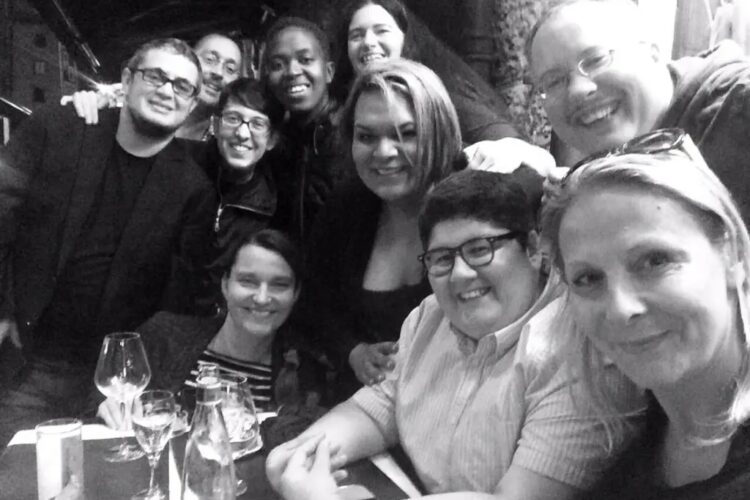The September 2014 meeting was organised by the GATE International Initiative on the ICD Reform Process, in partnership with ILGA. It was planned and coordinated by Mauro Cabral (GATE) and facilitated by Ruth Baldaccino (ILGA). Participants in the meeting were Janik Bastien-Charlebois (Canada); Morgan Carpenter (Australia); Dan Ghattas (Germany); Holly Greenberry (UK); Natasha Jimenez (Costa Rica); Ev Blaine Matthigack (Germany); Nthabiseng Mokoena (South Africa); Daniela Truffer (Switzerland) and Markus Bauer (Switzerland). The meeting was also attended by Doris Chou (WHO); Sara Cotter (WHO); André Du Plessis (ILGA); Robert Jakob (WHO); Rajat Khosla (WHO); Eszter Kismödi (Human Rights lawyer); Renato Sabadini (ILGA); and Michael van Gelderen (OHCHR).
The meeting aimed to develop a collective analysis of intersex issues in the ICD, identify connections between diagnoses and treatments, and to highlight human rights issues related to current biomedical management practices. Following the meeting, this report was submitted in November 2014 to the WHO Topic Advisory Group for Genitourinary, Reproductive & Maternal Health (GURM TAG) for the ICD revision. The submission addresses specific concerns related to intersex issues in the ICD reform process. It was edited by Morgan Carpenter and Mauro Cabral, with substantive contributions from the intersex activists, experts and allies convened by GATE.
The report establishes a set of grounding principles, and provides an overview of terminological and historical issues, before an analysis of broad and specific issues with the ICD framework and diagnoses. The submission also details human rights concerns and presents an epistemological analysis.
The submission is intended as an invitation for a critical dialogue between intersex activists and the World Health Organization.





